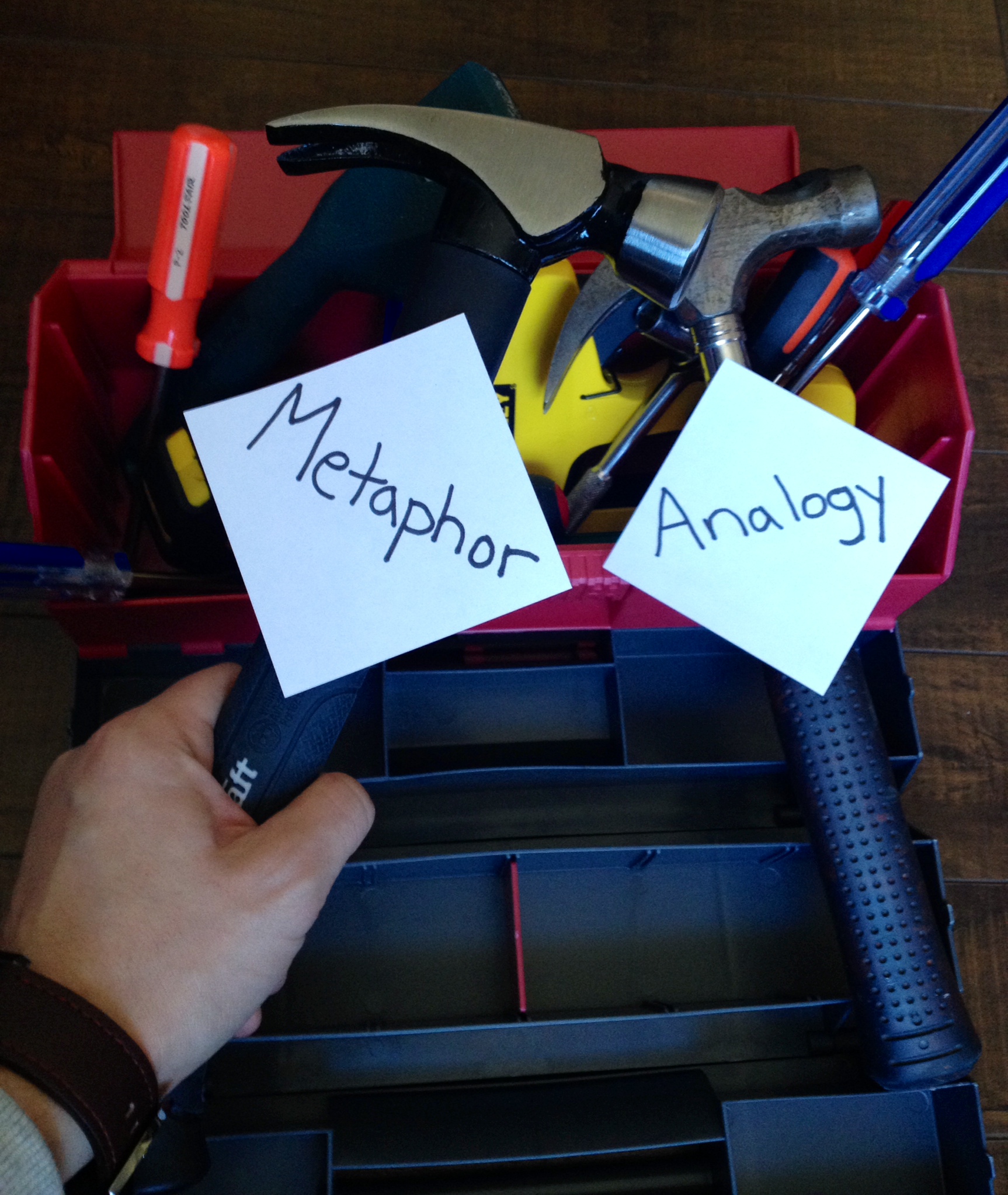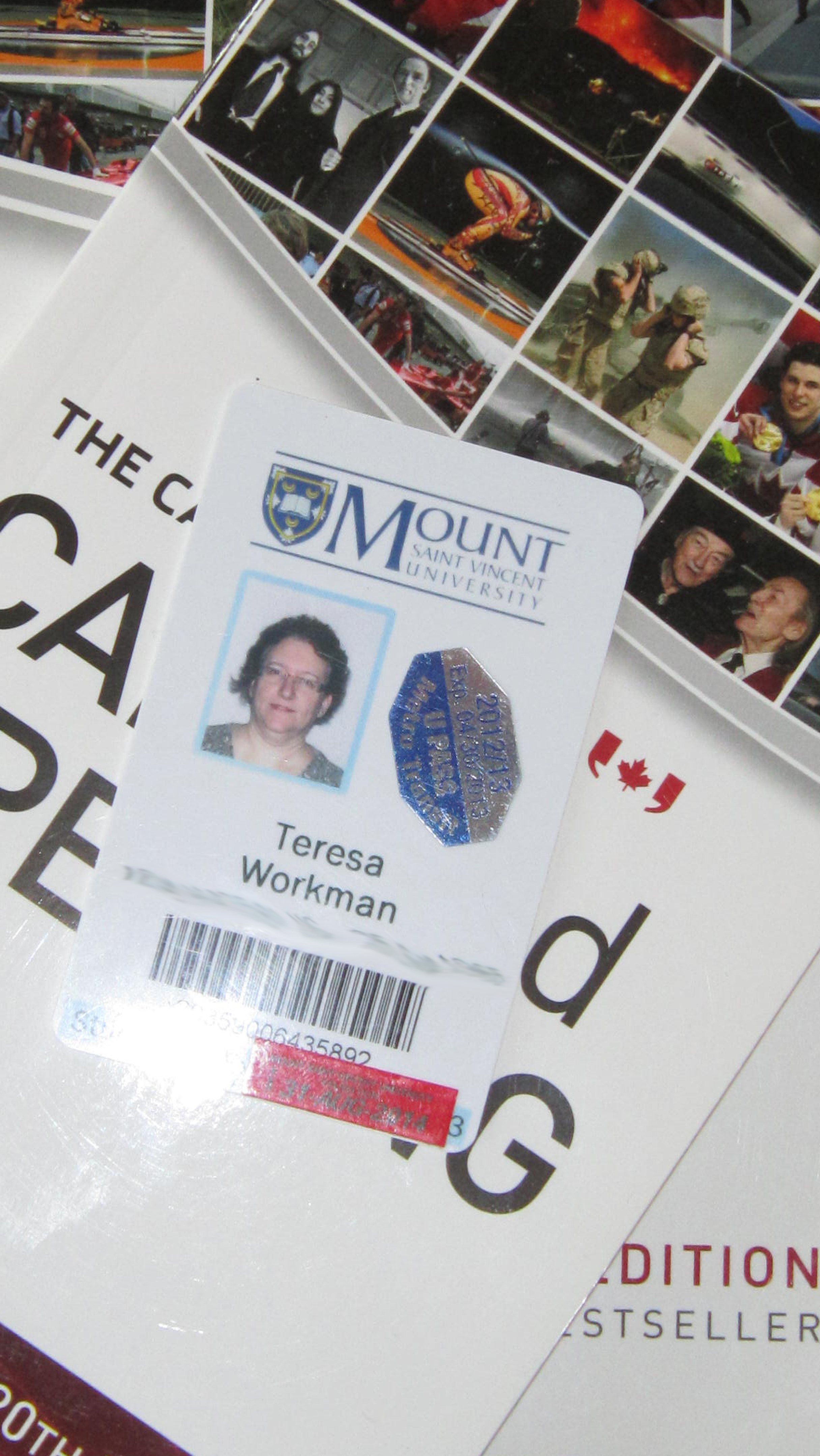Written by Ryan Kennedy
Decreasing value of university education and the promising future of PR.
Every year a growing number of young adults graduate from university. Under the shadow of huge student loans and a less-than stable economy, they set out in search of employment. They learn two things very quickly.
1. They do not have the necessary qualifications for the jobs they are looking for.
2. They are overqualified for their fall-back jobs.
This may sound like a fanciful tale, or possibly the beginning of a movie, where the main character fights back against a system that is designed to see him fail. Sadly this is the reality that faces many of the 250,000 students who graduate from undergraduate programs in Canada each year.
Why are Canadian students continually encouraged to pursue higher learning? Current demand for university-educated individuals is far below the current output of university degrees. Simply put, supply does not balance with demand.
The education bubble
According to a recent study from the Association of Universities and Colleges of Canada (AUCC), in 2010 there were 994,000 undergraduate students in total, living in Canada. This number represents nearly three percent of the total Canadian population that year.
Since 1980, undergraduate programs across the country have increased in size by more than 440,000 students. Why is this?
In essence, as more people enter the job market with a university degree, employers are looking for more. Rarely is an undergraduate, general arts degree going to get you a job. You either need a specialized undergraduate degree, a masters degree, or some sort of technical or trades training.
In a country rich with natural resources, with multiple industries screaming for skilled tradespeople, it just doesn’t make sense to continue in this direction. To continue to push high school students into university when jobs don’t exist for graduates doesn’t make sense. We are dooming these young adults from the outset.
A serious realignment of our educational priorities needs to occur in the near future. One that will see appropriate numbers of high school graduates encouraged to persue trades, or technical skills.
Is it all bad news?
But it is not all bad news, especially for public relations (PR) grads. As a professional program, the public relations program at MSVU is geared towards meeting the current demands of employers. This gives us a leg up on graduates from other universities.
In 2012, MSVU conducted a survey of the previous year’s grads from the undergraduate cooperative education program. Although the sample size was small (only 76 grads were solicited) the results were promising. 89 per cent of the respondents claimed that they had secured employment within a year of graduation, while 85 per cent said that they were working in their field of study.
Compare those numbers to university graduates from general academic programs and one might assume that there is a stark contrast. According to Statistics Canada, an increasing number of students are staying in school longer to pursue advanced degrees. The current demand for the masters program at MSVU reflects this trend.
Doctor versus plumber
A recent study out of Princeton University showed that in the long run, a person can take home more money as a plumber than as a doctor. Although the salaries of doctors are higher on average, they also have to spend nearly a decade in expensive medical school.
The doctor then sits in a higher tax bracket, the combination of the two resulting in a situation where plumbers “make more, and have almost the same spending power over their lifetime as general practitioners.”
There is a prevalent misconception that trades people make less than professionals. Perhaps, their yearly salaries may not be as high, but over the course of their careers they have the potential to make more than professionals.
Time to rethink university education
For too long have Canadian students expected the government to fix their financial problems. If students chose programs where job opportunities existed, there would be no tears shed for struggling, unemployed graduates, suffocating under a mountain of debt. Rarely are cries from dental school students, buried under hundreds of thousands of dollars in debt, listened to. We all know that they will have a job upon graduation.
A revaluation of our priorities needs to occur in the very near future. One that will see a shift towards trades training or specialized university programs, and away from sending too many people to traditional general university degrees.
References
Trends in Higher Education (2011). In The Association of Universities and Colleges of Canada. Retrieved March 14, 2013, from http://www.aucc.ca/wp-content/uploads/2011/05/trends-2011-vol1-enrolment-e.pdf
Curtin, S. (2011, March 18). Forget Harvard and a 4-Year Degree, You Can Make More as a Plumber in the Long Run, Says Prof. Kotlikoff. In Yahoo! Finance. Retrieved March 12, 2013, from http://finance.yahoo.com/blogs/daily-ticker/forget-harvard-4-degree-more-plumber-long-run-20110318-063704-224.html
Dale, M. (2010, December 13). Trends in the Age Composition of College and University Students and Graduates. In Statistics Canada. Retrieved March 15, 2013, from http://www.statcan.gc.ca/pub/81-004-x/2010005/article/11386-eng.htm





